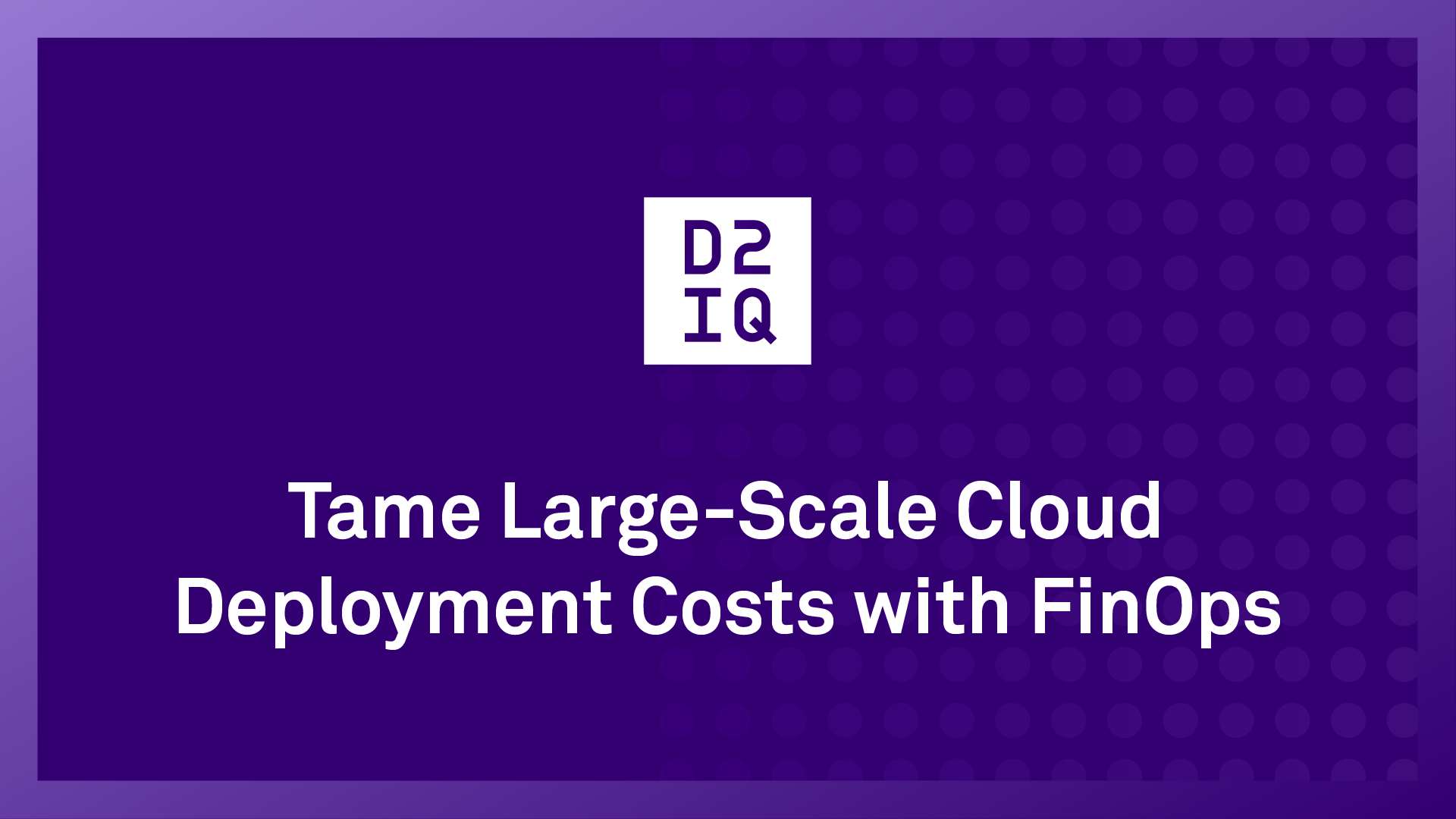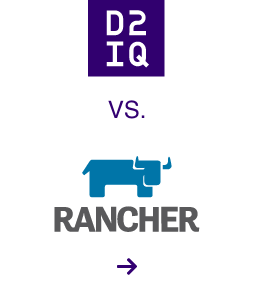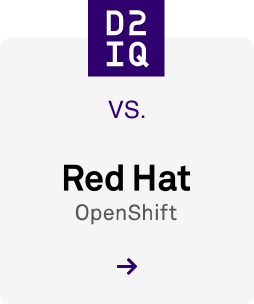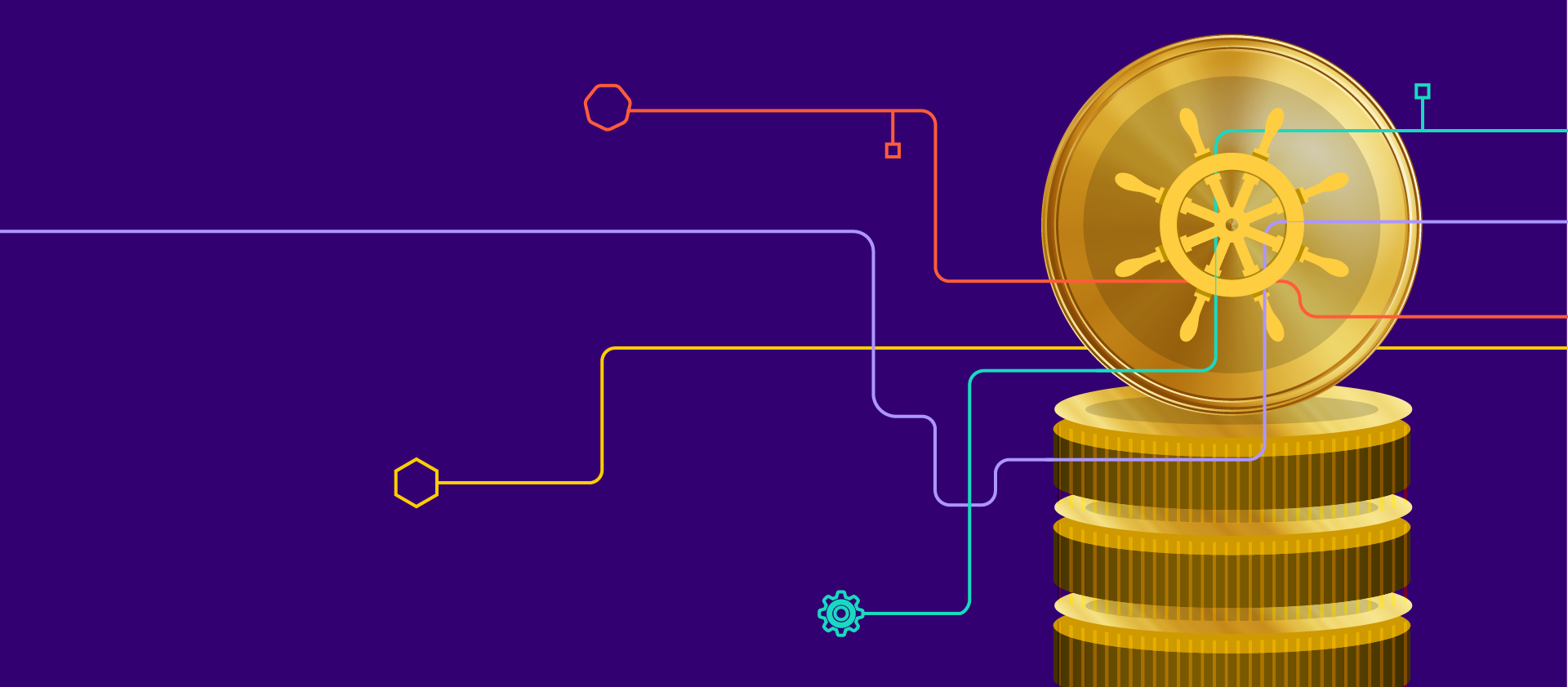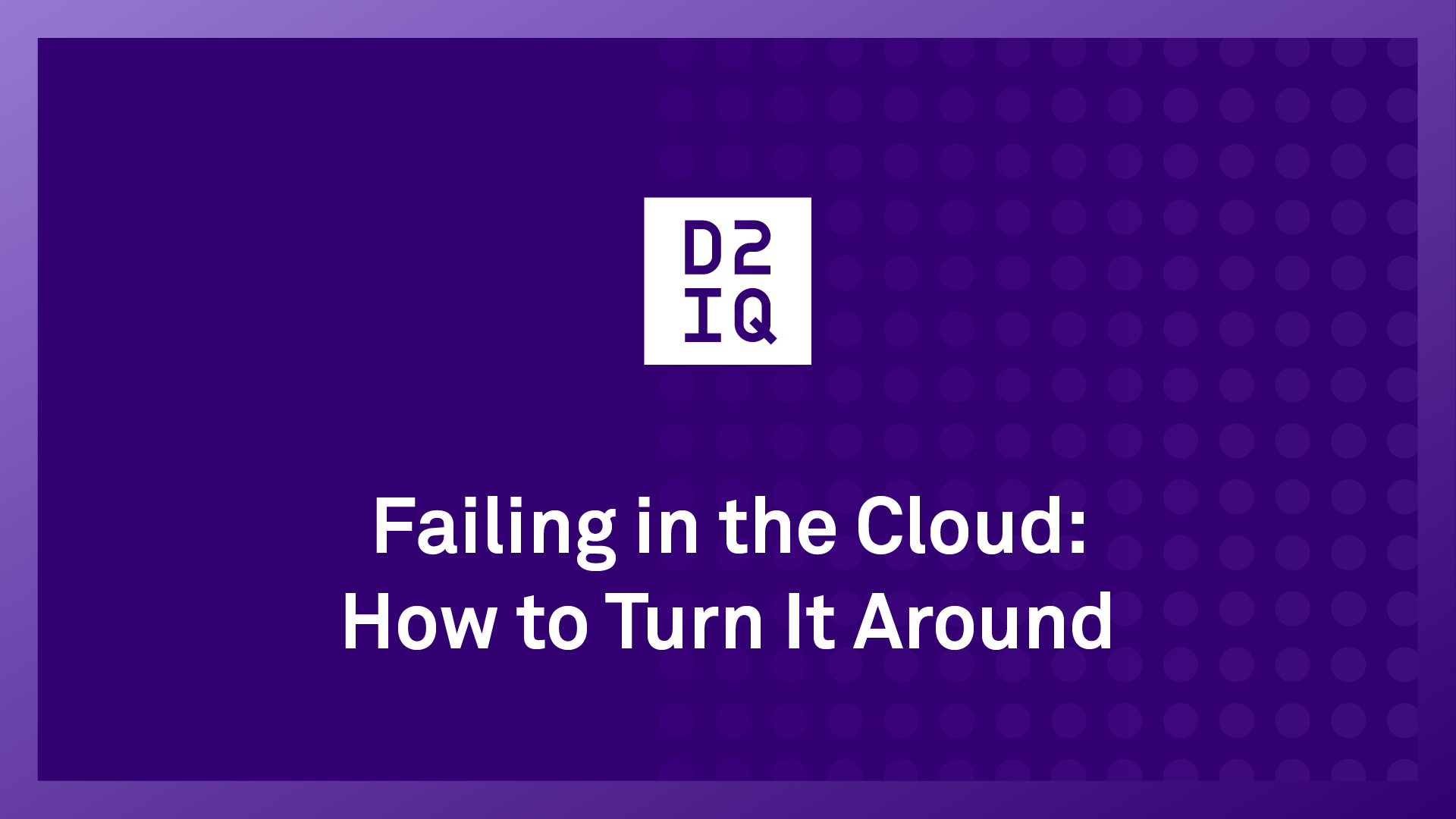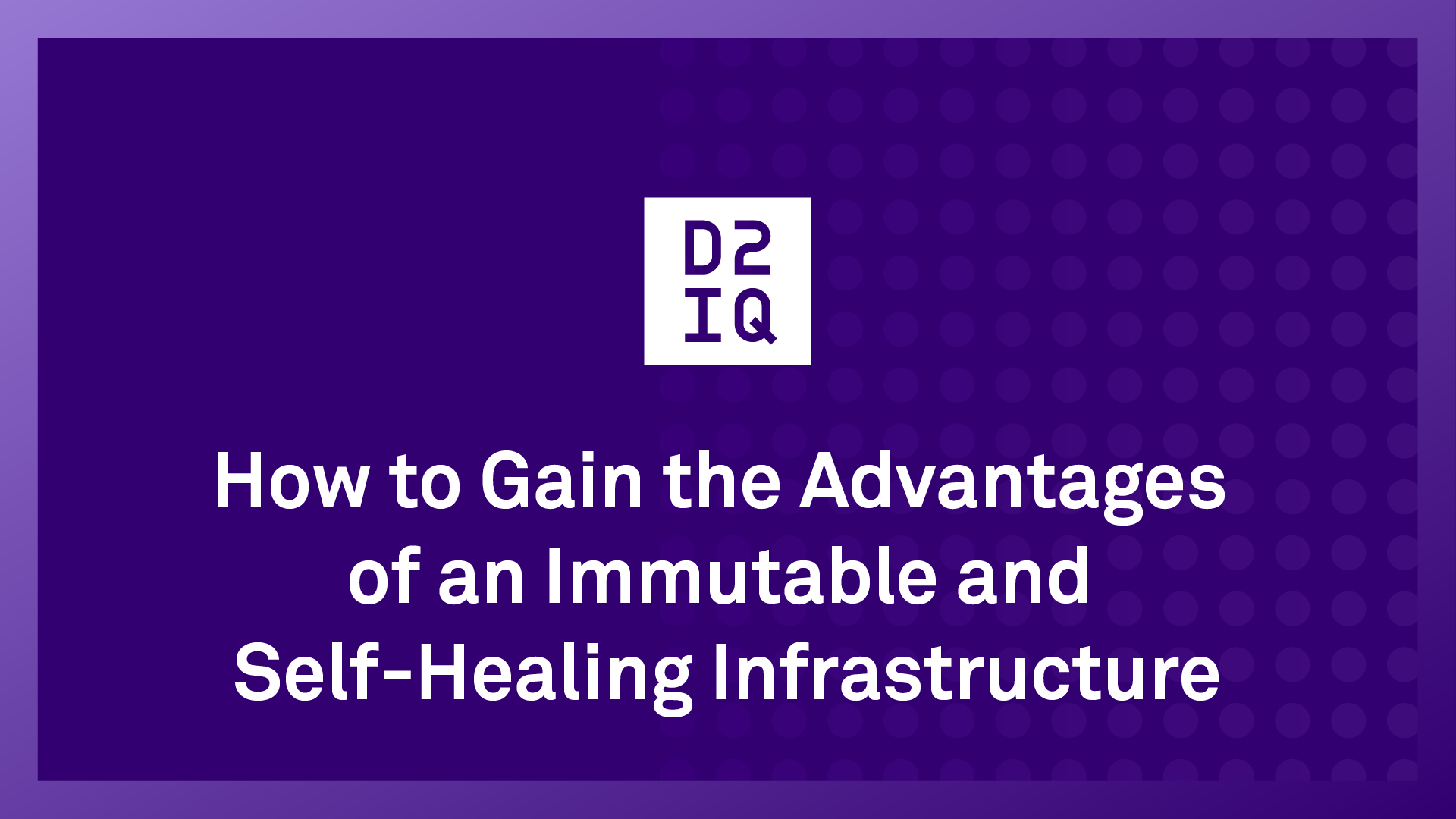One of the biggest issues related to large-scale cloud deployments is overspending. It’s no surprise that as organizations scale their cloud-native Kubernetes environments, the associated costs rise along with that growth. However, there is a disconnect between the rising expenses and how well businesses can accurately and effectively monitor and control costs in the cloud, across multiple clouds and in hybrid cloud environments.
The CNCF’s most recent
FinOps for Kubernetes report shows that over the past year, 68% of the global cloud-native community reported their Kubernetes costs are increasing, while just 12% have lowered their Kubernetes expenses.
FinOps Provides a Cost-Control Paradigm
FinOps has emerged as an effective discipline for controlling costs by giving stakeholders the visibility and cost understanding they need to make trade-offs between speed, cost, and quality in their cloud and Kubernetes architecture and investment decisions.
Rather than having disparate procurement teams working in silos to identify and approve costs, FinOps promotes a shared responsibility for an organization’s cloud computing infrastructure and costs. FinOps brings business, financial, and information technology (IT) leadership together to establish best practices for usage and to manage the
total cost of cloud-based Kubernetes deployments across the enterprise.
These decisions can range from cutting costs to making cost a secondary priority after speed or quality. When implemented successfully, FinOps removes blockers, improves cross-functional collaboration and communication, enables faster application delivery, and provides teams with financial visibility and control to yield better business outcome.
Problems FinOps Solves
FinOps emerged to account for the on demand features of the cloud. With the rise and proliferation of cloud computing came a shift from the traditional capital expenditure (CapEx) model to an on demand operating expenditure (OpEx) model. While this enables businesses to pay for the time and resources they use rather than a set rate, tracking and optimizing disparate Kubernetes resources across the organization becomes increasingly difficult.
Moreover, individuals or teams throughout the organization might be provisioning and using services independently without any sort of central planning or oversight. Gaps in financial accountability and complex cloud pricing structures result in an increase in runaway expenses and a waste of Kubernetes resources.
Effectively addressing this issue requires a framework that helps organizations better manage cloud Kubernetes costs, which is why FinOps has become so important today.
FinOps Model
The
FinOps Foundation recommends a three-phase approach to managing cloud spend–
inform,
optimize, and
operate. This approach is an interactive process, and organizations should regularly return to the
inform and optimize phases for continuous improvement.
Inform
In this phase, the organization will work together to gather all of the necessary information about cloud and Kubernetes usage and cost and make it visible and accessible to stakeholders. Such visibility is essential for benchmarking, budgeting, and forecasting cloud and Kubernetes costs.
Optimize
This phase involves identifying key cost-optimization drivers and providing a standardized process for optimizing cloud and Kubernetes resource consumption. Some organizations might optimize cost savings for long-term instance use, while other organizations might optimize their cloud usage by auto-scaling or right-sizing Kubernetes resources. Organizations also can optimize Kubernetes workloads to reap the full benefits of cloud-native services.
Operate
The “operate” phase involves the continuous planning and improvement of cloud and Kubernetes consumption. Stakeholders work together to review cloud and Kubernetes spend metrics and make business trade-offs between speed, cost, and quality.
Leveraging FinOps to Manage Cloud Cost
In today’s uncertain economy, it’s more important than ever for companies to stay on top of their cloud budgets and prevent overspending. When used correctly, FinOps can help you effectively monitor and control cloud and Kubernetes costs.
Kubecost is a best-of-breed open-source cost management solution that can monitor, manage, and optimize Kubernetes spend in real-time and at scale. D2iQ has integrated Kubecost into the D2iQ Kubernetes Platform (DKP) as an application that is available out of the box. Kubecost provides real-time cost visibility and insights for teams managing Kubernetes, enabling them to continuously reduce cloud costs. DKP’s flexibility also enables easy pluggability of alternative cost monitoring tools, such as Resoto.
D2iQ also is a founding contributor to the OpenCost initiative. OpenCost is a vendor-neutral open-source project for measuring and allocating infrastructure and tracking container costs in real time. Built by Kubernetes experts and supported by Kubernetes practitioners, OpenCost shines a light into the black box of Kubernetes spending.
FinOps + Integrated Cost Monitoring: A Formula for Success
Successful cloud-based initiatives require centralized visibility and management of cloud resource usage and costs to enable faster application delivery while maintaining financial control.
Integrated cost monitoring tools as part of FinOps practices can enable faster application delivery while maintaining financial control, enabling businesses to use Kubernetes to accomplish their goals and accelerate innovation.
